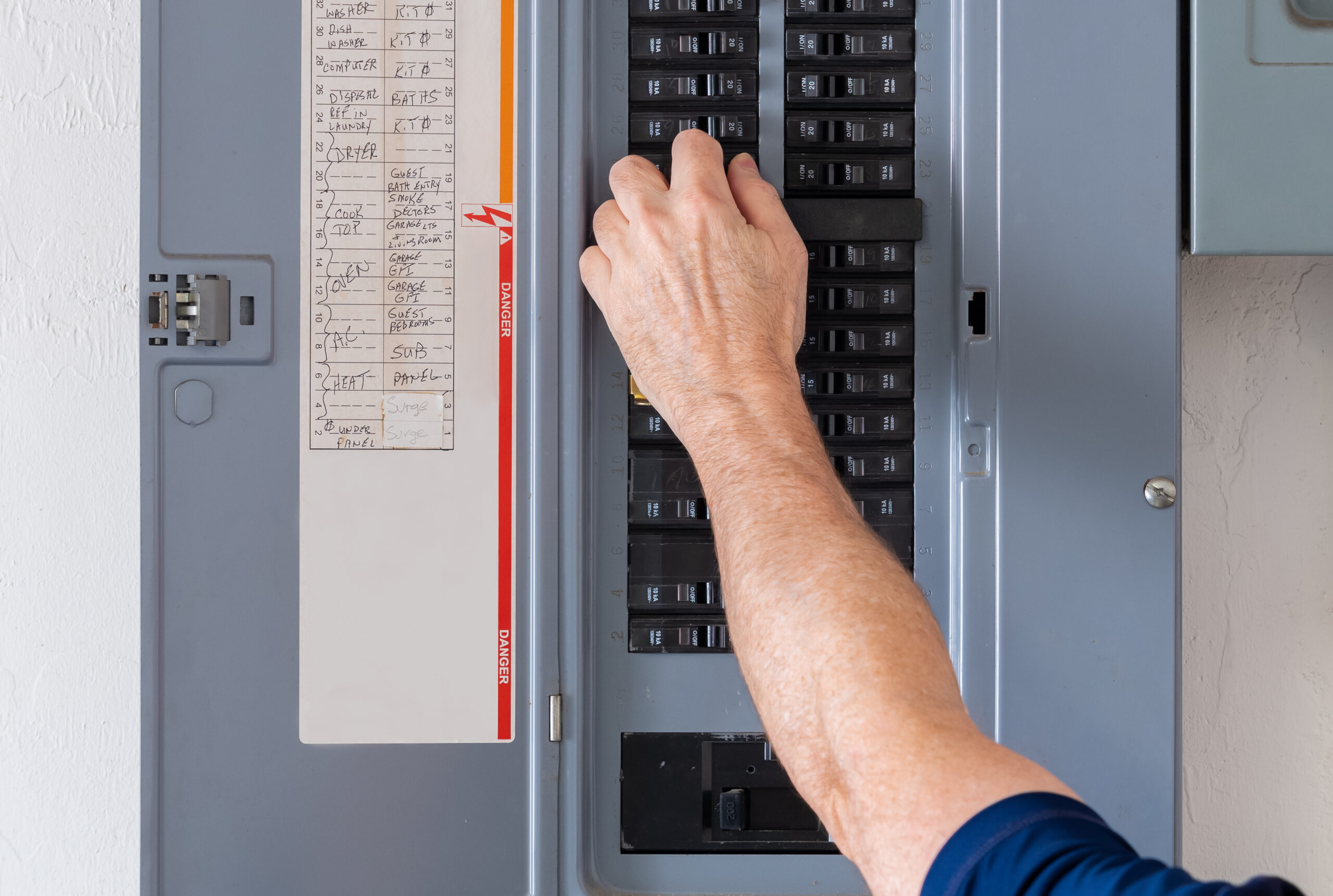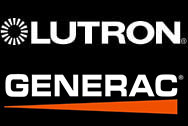A critical component of any electrical system is the electrical panel, responsible for distributing incoming power to various circuits. Many home and business owners only consider their electrical system when faced with tripped breakers or flickering lights. However, selecting the appropriate panel size is crucial for ensuring the system’s functionality and safety. At All Phase Electric Co., we’re dedicated to providing safe and reliable electrical services for residential and commercial clients throughout Main Line, PA.
Below, our team will share the knowledge you need to confidently assess your electrical demands. By the end, you’ll be equipped to make informed decisions about your electrical system, ensuring its continued safety and efficient operation for all your home or business’s electrical needs.
The Significance of Electrical Panel Sizing
The electrical panel acts as the central hub of your electrical system, distributing power from the utility company to designated circuits. Each circuit powers various appliances, lighting fixtures, and equipment within your home or business. An undersized panel can’t handle the overall electrical load. This can lead to several dangerous consequences:
- Frequent Breaker Tripping: These safety devices automatically shut off power to prevent overheating and potential fire hazards. Frequent tripping signifies an overloaded panel struggling to meet electrical demands.
- Light Flickering: Dimming or flickering lights are a telling sign of insufficient power delivery to designated circuits.
- Electrical Equipment Damage: Overloaded circuits can damage appliances and electrical components, resulting in costly repairs or replacements.
- Elevated Fire Risk: Overloaded electrical systems pose a serious fire hazard, jeopardizing the safety of your property and occupants.
Considerations for Residential and Commercial Electrical Panel Sizes
The optimal electrical panel size depends on different factors specific to either residential or commercial settings. Here’s a breakdown of the key considerations for each:
Residential Electrical Panel Sizing
- Square Footage: Larger homes naturally require more power to accommodate appliances, lighting, and entertainment devices.
- Appliance Inventory: High-powered appliances like electric ovens, dryers, and hot tubs significantly increase the overall electrical load.
- Future Plans: Do you envision adding a pool, converting to electric heating, or installing a home theater system? Consider the future power demands of these potential additions.
Commercial Electrical Panel Sizing
- Industry Type: Certain industries, such as restaurants or manufacturing facilities, utilize specialized equipment with high power requirements.
- Lighting Systems: Large commercial spaces often require extensive lighting systems, significantly impacting the overall electrical load.
- Growth Potential: If you plan on expanding your business or incorporating new equipment in the future, a panel with sufficient capacity is essential.
Evaluating Your Current Electrical Panel
Before considering an upgrade, it’s best to assess your existing panel’s capabilities. Here are some steps you can take:
- Locate Your Panel: Electrical panels are typically in garages, utility rooms, or basements.
- Check the Panel Label: The amperage rating (e.g., 100 amps, 200 amps) will be displayed on the panel’s label.
- Check Electrical History: Frequent tripped breakers or flickering lights can be indicators of potential overload on your current panel, potentially necessitating electrical panel replacement.
Electrical Panel Upgrades With All Phase Electric Co.
If your assessment reveals the need for a panel upgrade, don’t hesitate to contact All Phase Electric Co. Our team of licensed electricians possesses the expertise to guide you through the entire process, from providing expert advice to ensuring a safe and efficient electrical panel replacement. We prioritize safety and adhere to all current codes and regulations during the upgrade process. Call us at 610.860.6837 to schedule a service.








